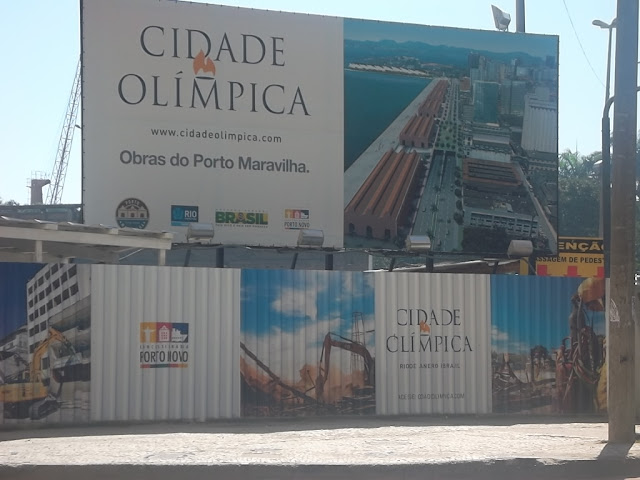Globalisation, climate change and urban governance: balancing the scales for both efficient and pro-poor urban futures – the case of Brazil and UK
OK, so what is it?
Ramin Keivani from the Department of Real Estate and Construction, together with colleagues from the Department of Planning established the network with funding from the Future of Cities programme which is based at the University of Oxford.
The main aim of this network is to develop research capacity and facilitate transfer of knowledge on the interface between globalisation, climate change, urban development and urban governance in Brazil and UK and how this impacts on local economies, local livelihoods and access to resources. The network focuses on governance for sustainable futures and within this, the need to address climate change and promote pro-poor/socially inclusive strategies in an era of competitiveness. Cities around the world and particularly rising powers in Latin America are attempting to grapple with these issues and this comparative research will explore how these global processes are being played out in two contrasting countries.
A project on Olympic Legacy has been developed as a result of the network activity and is being funded by Santander. Again this involves other members of OISD staff and colleagues from Brazil.
There have been a series of workshops in the UK and Brazil and the following are some photos from the most recent workshop that took place in June 2102 in Rio. All photos courtesy of the Urban Network.
 |
| Rio - the next Olympic City but at what cost? |
 |
| Looking down on Rio City from Morro da Providencia Favela |
 |
| More houses marked for demolition in Morro da Providencia. |
 |
| Talking to local activists and community development officials in Morro da Providencia (Ramin is on the left ) |
 |
| Welcome to Vila Autodromo - a favela threatened with demolition as a result of plans for the 2016 Olympics site. |
 |
| Altair Guimaraes, head of the local community association in Vila Autodromo. |
 |
| Vila Autodromo. |
Rio On Watch
Olympics for all!
Favel Issues
One Planet Living
See what is actually going on by watching these two videos: the first features residents from Morro da Providencia and the second the residents of Vila Autodromo.


No comments:
Post a Comment
Note: only a member of this blog may post a comment.